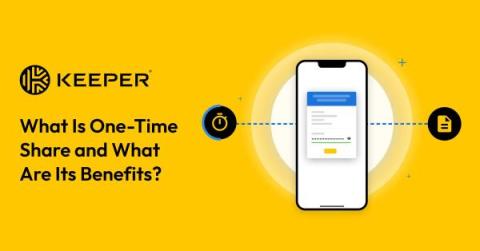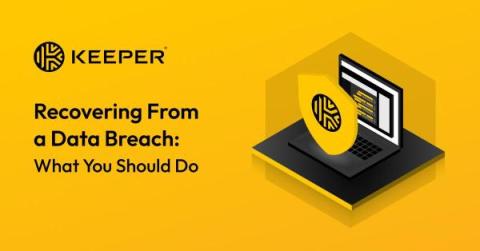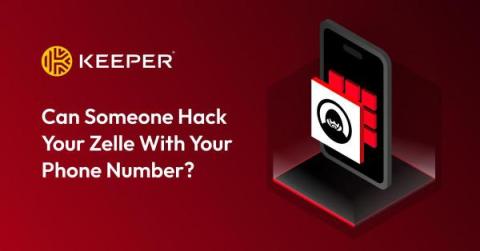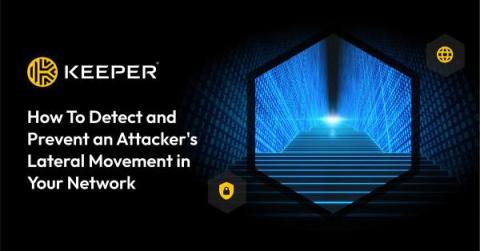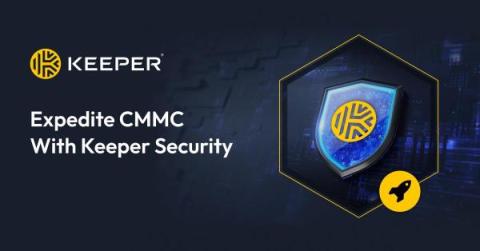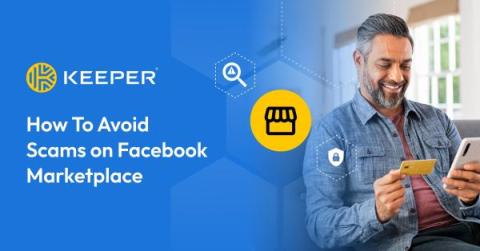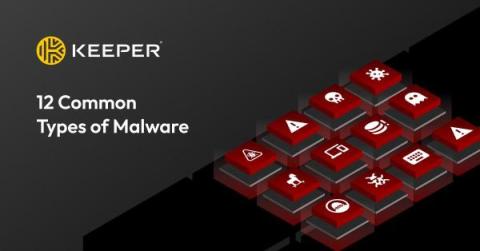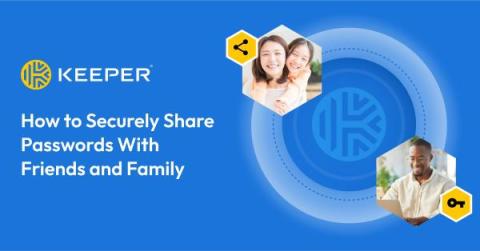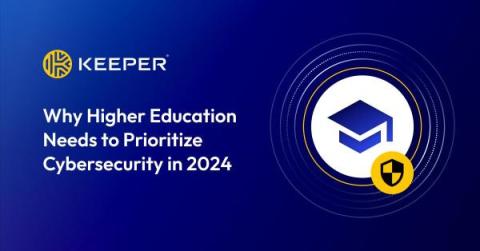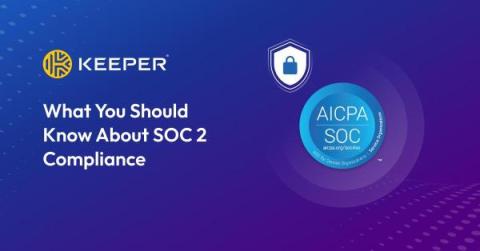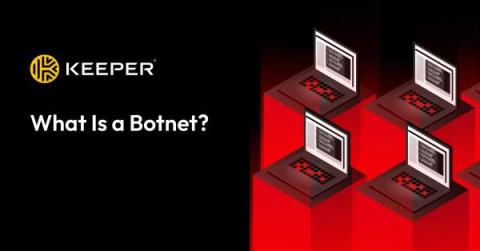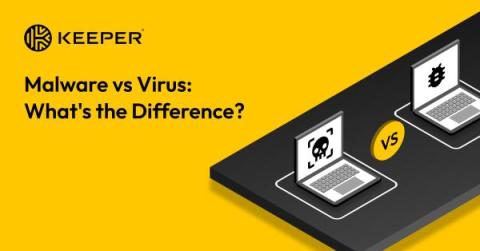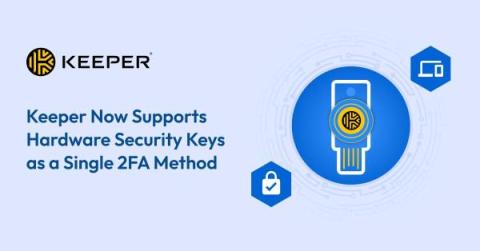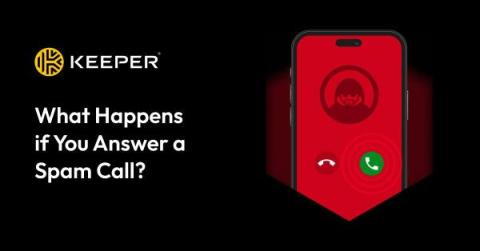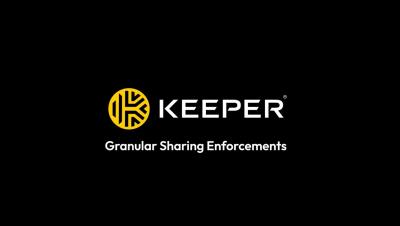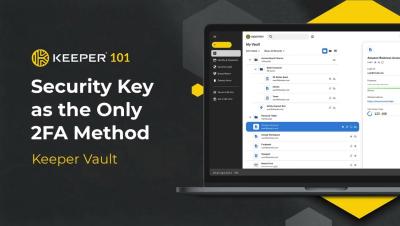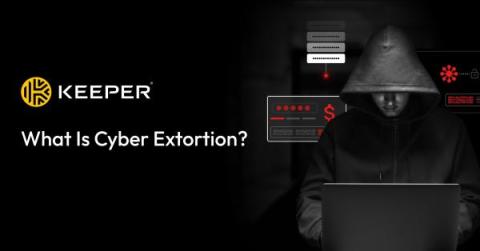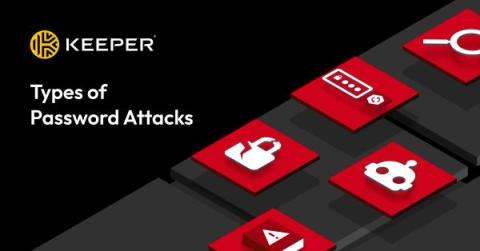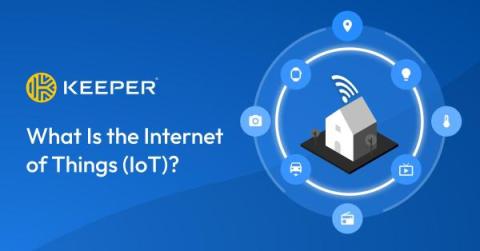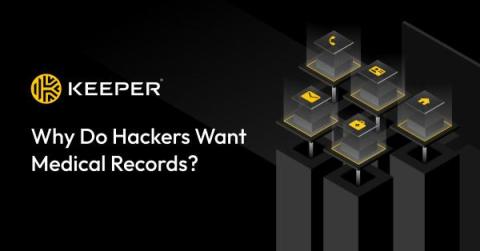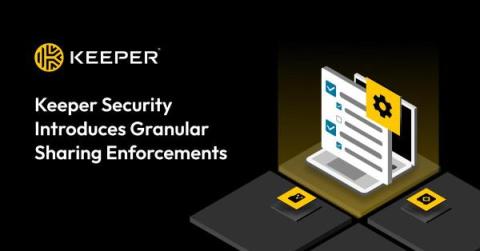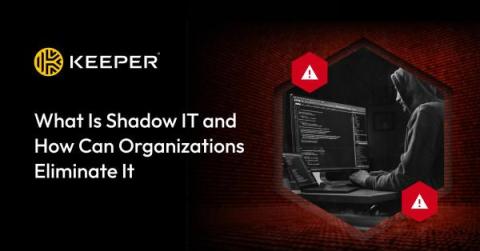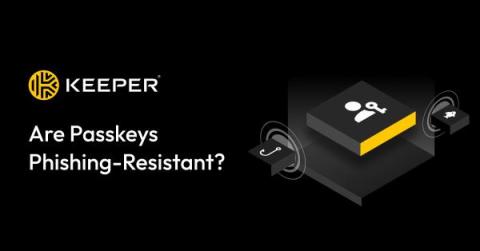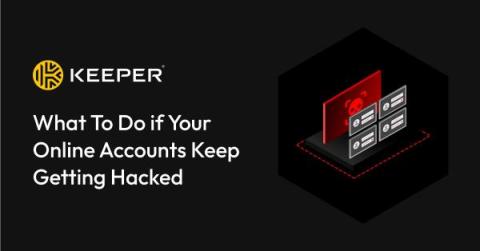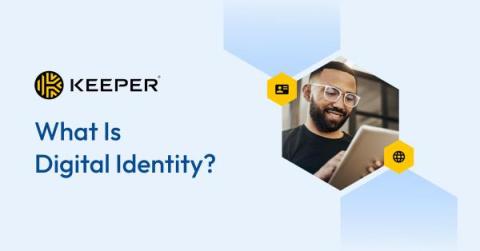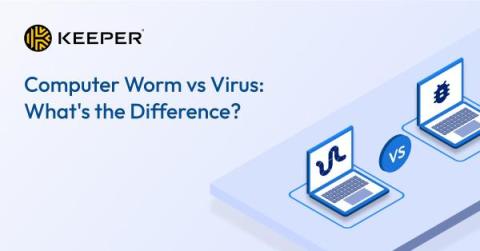Security | Threat Detection | Cyberattacks | DevSecOps | Compliance
January 2024
Recovering From a Data Breach: What You Should Do
Can Someone Hack Your Zelle With Your Phone Number?
How To Detect and Prevent an Attacker's Lateral Movement in Your Network
Expedite CMMC With Keeper Security
How To Avoid Scams on Facebook Marketplace
Twelve Common Types of Malware
How to Securely Share Passwords With Friends and Family
Seven Signs a Job Offer Is a Scam
Why Higher Education Needs to Prioritize Cybersecurity in 2024
How To Stay Safe From Gift Card Scams
What You Should Know About SOC 2 Compliance
What Is a Botnet?
Malware vs Virus: What's the Difference?
The main difference between malware and viruses is that malware is an umbrella term used to describe all types of malicious software, whereas viruses are a specific type of malware. In other words, all viruses are malware but not all types of malware are viruses. Continue reading to learn what malware is, what a virus is, the key differences between the two and how you can protect yourself against all types of malware, including viruses.
Keeper Now Supports Hardware Security Keys as a Single 2FA Method
While support for hardware security keys is not new to Keeper, historically users were required to have a backup Two-Factor Authentication (2FA) option in addition to using a security key. Keeper is excited to announce support for user authentication leveraging only a hardware security key as the 2FA method, without requiring a backup option.
We Work In Cybersecurity
What Happens if You Answer a Spam Call?
If you accidentally answer a spam call, scammers know your number is connected to a real person and can target you with more spam calls. These targeted spam calls will try to trick you into giving up your personal information which allows cybercriminals to steal your money, your identity and even your voice. You should avoid answering spam calls to help prevent cybercriminals from trying to steal your personal information.
Granular Sharing Enforcements
Security Key as the Only 2FA Method
What Is Cyber Extortion?
Cyber extortion is a category of cybercrime that involves digitally threatening or coercing someone to do something against their will. Cyber extortion typically disables an organization’s operations or exposes an entity’s valuable assets such as confidential data, intellectual property or infrastructure systems. A cybercriminal will then threaten organizations or individuals to pay a ransom to prevent further cyber attacks or regain access to their sensitive files or operations.
Types of Password Attacks
Some of the most common types of password attacks include password cracking, password spraying, dictionary attacks, credential stuffing, brute force and rainbow table attacks. The better your password habits are, the less susceptible you are to password attacks. Keeper’s Password Management Report found that only 25% of respondents use strong, unique passwords for every account – meaning that 75% of respondents place their accounts at risk of being compromised due to weak passwords.
What Is the Internet of Things (IoT)?
The Internet of Things (IoT) refers to the network of physical objects – “things” – that connect and share data with the internet, other IoT devices and the cloud. IoT devices are often embedded with sensors, software and other technologies to exchange data with other devices and systems when connected to the internet. IoT devices include smart home devices like doorbell cameras and light bulbs.
Why You Shouldn't Reuse Your Passwords
Why Do Hackers Want Medical Records?
Hackers want stolen medical records to commit identity theft, use the stolen data as a ransom, sell it on the dark web or impersonate the victim to receive medical services. Medical records are valuable to cybercriminals as they allow cybercriminals to commit fraud and go undetected longer than they can with other Personally Identifiable Information (PII).
Keeper Security Introduces Granular Sharing Enforcements
Keeper Security is excited to introduce Granular Sharing Enforcements for all products in the Keeper® platform. This feature, an extension of Keeper’s robust existing sharing policies, enables administrators to apply detailed restrictions for record creation and sharing to user roles. By doing so, Keeper Admins can easily enforce the principle of least privilege and simplify compliance.
What Is Shadow IT and How Can Organizations Eliminate It?
Do you know what your employees are downloading? In a perfect world, all of the IT systems and software used by an organization would be explicitly approved by the IT department. In reality, your network is closer to the wild west.
What To Do if You Get Scammed While Shopping Online
Online shopping has allowed buyers to find bargains and conveniently purchase from retailers all over the world. However, cybercriminals take advantage of the anonymity of online shopping to scam online buyers. If you get scammed while shopping online, you need to contact your credit card issuer, freeze your credit, change any compromised passwords, contact the online marketplace and report the scam to the FTC.
Are Passkeys Phishing-Resistant?
Yes, passkeys are phishing-resistant because they are built on the WebAuthn standard which is an authentication standard that uses public key cryptography to authenticate a user’s identity before they’re able to log in to their account. Continue reading to learn more about what makes passkeys phishing-resistant, plus the additional benefits of signing in to your accounts with passkeys over passwords.
What To Do if Your Online Accounts Keep Getting Hacked
If your online accounts keep getting hacked, you should scan your computer for malware, update your account passwords, enable MFA, check your account’s settings for suspicious changes, change your account’s security questions and place a fraud alert on your credit report. Continue reading to learn the signs that point to your online account being hacked, steps to take when your account is hacked and how to prevent your account from being hacked again.
What Is Digital Identity?
Digital identity refers to the collection of data that represents an entity online. Digital identity can represent users, organizations or electronic devices and consists of their accounts, credentials, certificates, behaviors and usage patterns. In Identity Access Management (IAM), digital identity is needed to authenticate a user and authorize their permissions to access sensitive data.
Computer Worm vs Virus: What's the Difference?
The main differences between a worm and a virus are how they spread and how they are activated. Worms spread automatically to devices through a network by self-replicating, whereas viruses spread by attaching themselves to files or programs. Worms don’t need human interaction to activate and infect a device, whereas viruses do. Continue reading to learn more key differences between worms and viruses and how to keep your devices and data safe from both types of malware.


